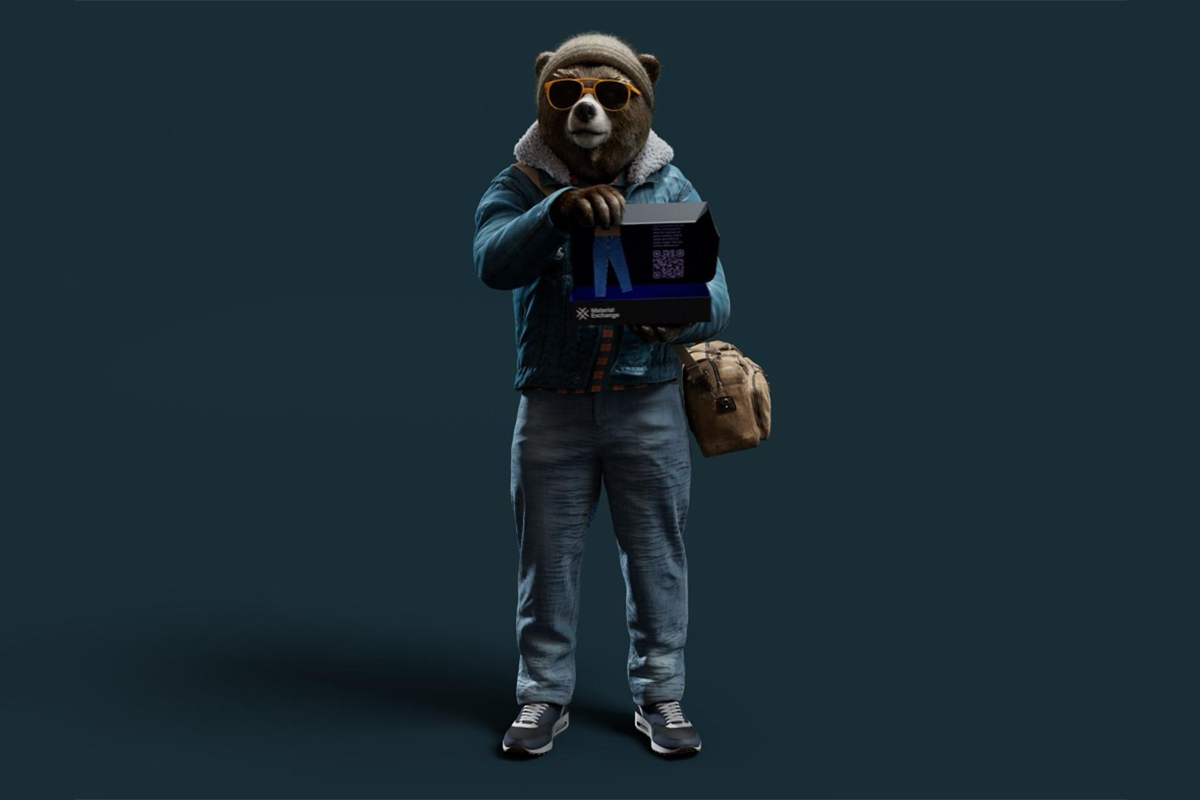Founder’s Letter: A Moral Question for Our Industry
It’s been a whirlwind fall! The Kingpins team produced two shows in a month on two different continents. For Will and Vivian, both shows were in continents far from home. So now we’ll all take a deep breath and begin to prepare for our January show in New York City (when it will be Joanne’s turn to travel again to another continent).
It’s been a gratifying 40 days. We love compliments and we received many for our shows in Amsterdam and Hong Kong. Happy customers inspire us and make us work harder to deliver a better and more-creative show the next time. So thank you everyone for coming and for the kind words. These words are like “electricity” for Tesla. We really can’t run without it.
But as happy as we are living our lovely and soft “show land” life, the world around us is spinning uncomfortably. Brutal wars rage. Everyone’s a loser as innocent people are being harmed, one way or another.
In Bangladesh, another war blazes because of money not territory.
Al Jazeera reported that Bangladesh’s prime minister has offered a stern response to striking garment workers amid deadly clashes over pay. After unions rejected a government offer, Prime Minister Sheikh Hasina on Friday rejected the demands of the protesting workers for a higher pay rise. The premier insisted that they accept the offer on the table or “go back to their village.” Union leaders expressed concern that her words could provoke more violence from police and security forces.
Over the past two weeks, large protests have resulted in at least three deaths. In response, a government-appointed panel agreed to raise the minimum wage by 56.25 percent to 12,500 taka ($113 per month or $3.76 per day). However, unions swiftly rejected the offer, demanding instead 23,000 taka ($208 per month or $6.96 per day), and the unrest has continued.
On Saturday, 150 garment factories were shut “indefinitely” while 11,000 workers were charged for their involvement with “violent” protests while demanding a higher wage.
The facts are that 85% of all workers in Bangladesh are involved in the apparel or textile industry. The current minimum wage salary is approximately $73 per month, while the cost of living is at least $208 per month. Inflation was 9.93% in October — up 3% from the previous month. How can people live when the cost of food keeps rising, and one’s pay does not increase or is not flexible to withstand inflation?
As most of you know, Bangladesh has free status for garments exported to Europe and Canada. It is just simply cheaper for Americans to buy apparel produced in Bangladesh than almost anywhere else in the world (other than Africa). And now we have a massive brawl over workers asking for $6.93 per day. Not sure what to think other than paying human beings daily the cost of a Big Mac should not be an impossible mission.
The answer to all this (and the right thing to do) should be that brands and retailers in both the European Union and the United States act humanely and simply state that no worker making any of their garments should receive anything less than their living cost. How fair is it to force factories to shove their worker salaries below living wage? This all sounds crazy. No garment factory would be against this if the brands buying would allow it — but they don’t and they won’t.
I hope people start asking themselves the moral question, which is:
“Should it not be normal that workers in our industry earn what it costs to live or is it right that workers can’t afford food or housing so they can make jeans for wealthy corporations who are financial behemoths?
Lastly — and on a happy note — Sanjeev Bahl’s life work at Saitex was deservedly recognized with the “Fabric of Life Award” this week in Sweden. The previous winner was Patagonia.
FABRIC OF LIFE Award “celebrates extraordinary achievements in textile design, innovation and sustainability that serve as an inspiration to the global community of the textile industry.”
As his friend and colleague, I never stop being inspired by his unselfish desire to use business as a vessel to not just make profits (which any business needs to be sustainable) but to do good things for people and the planet. While others agonize only over profit margins and shareholder satisfaction, Sanjeev shows how business should be. Ninety percent of his employees receive living wages. Those not, are in temporary training. As always Sanjeev shows both that it can be done, should be done and how it’s done.
-Andrew Olah


